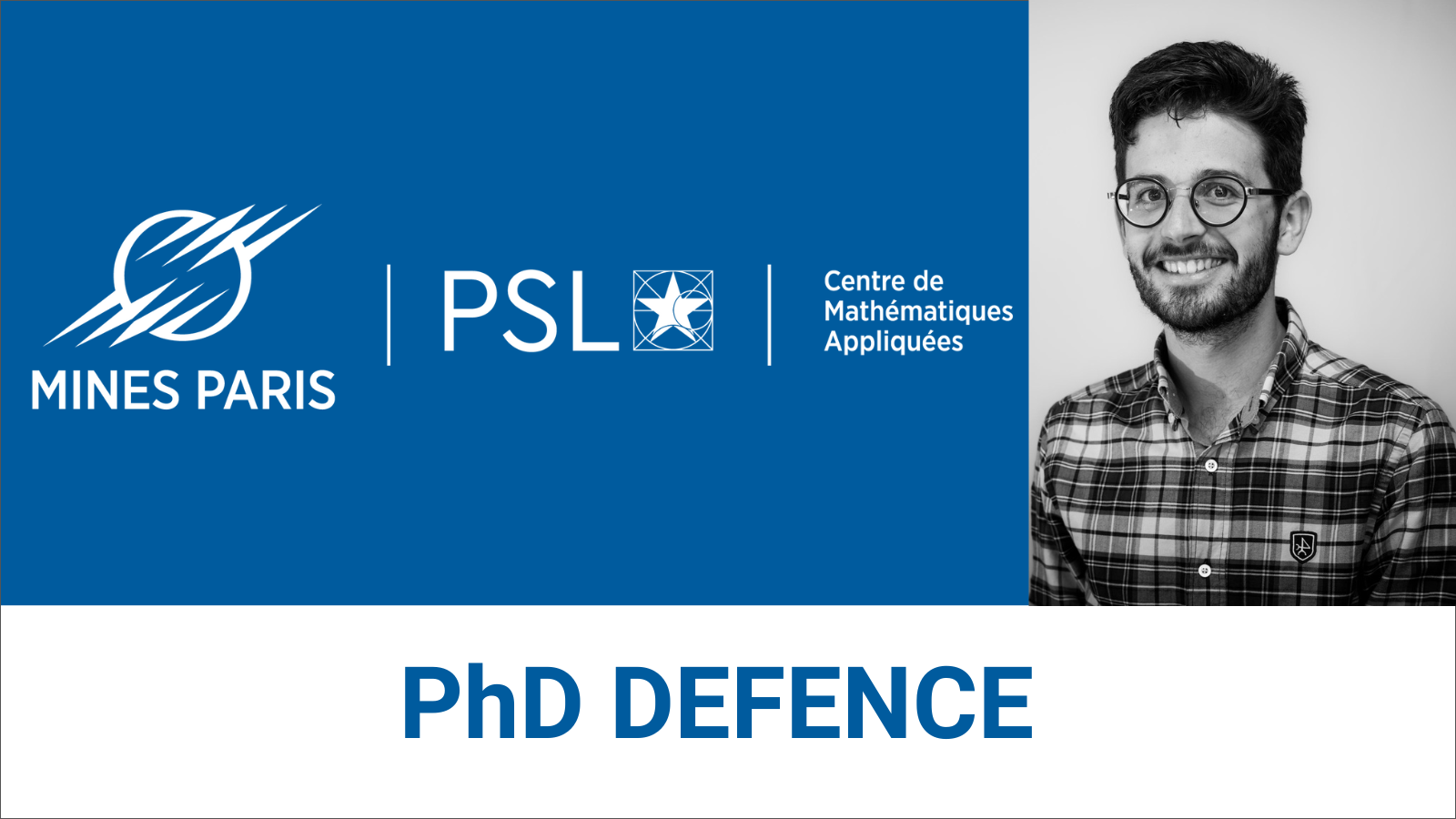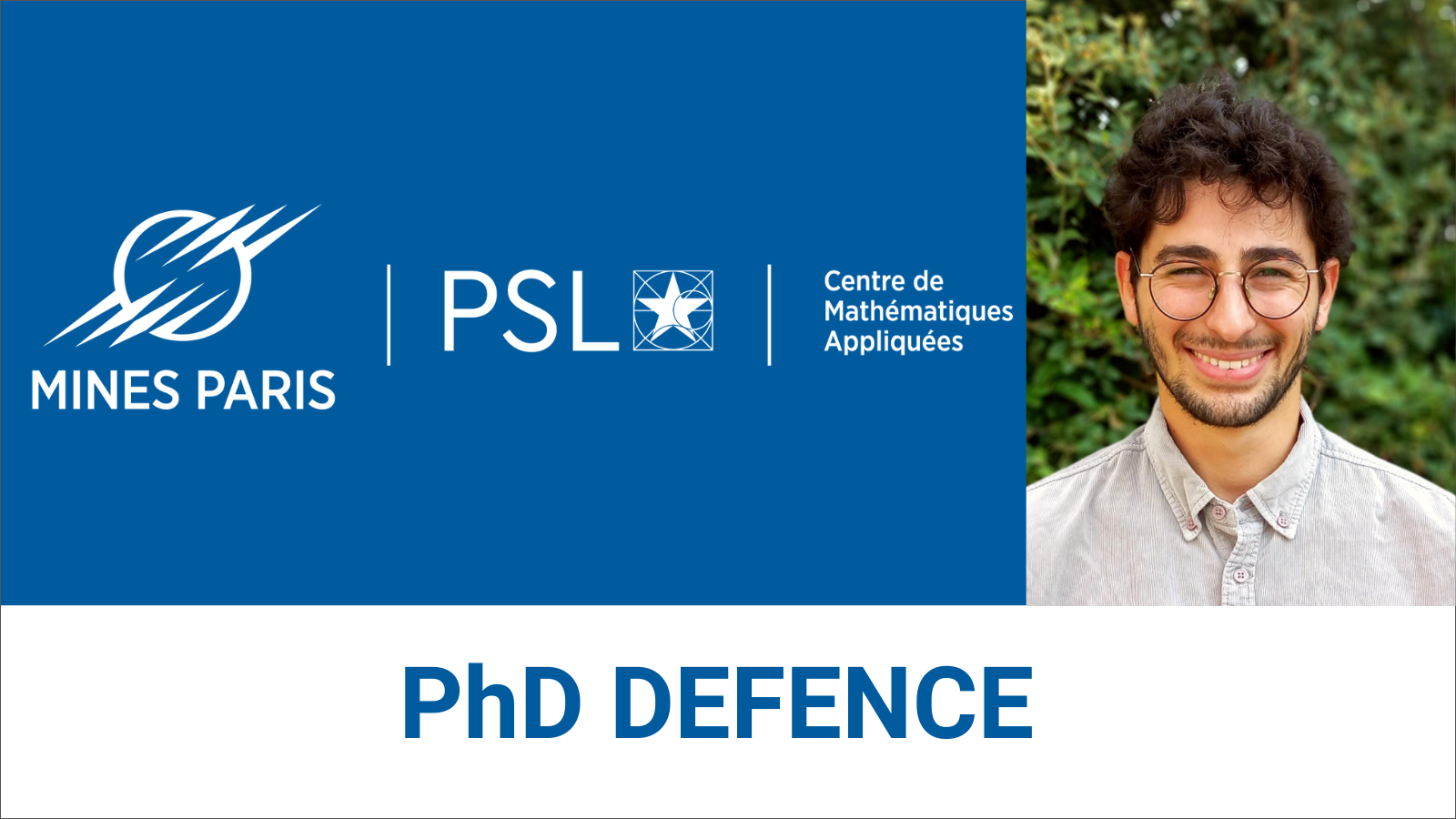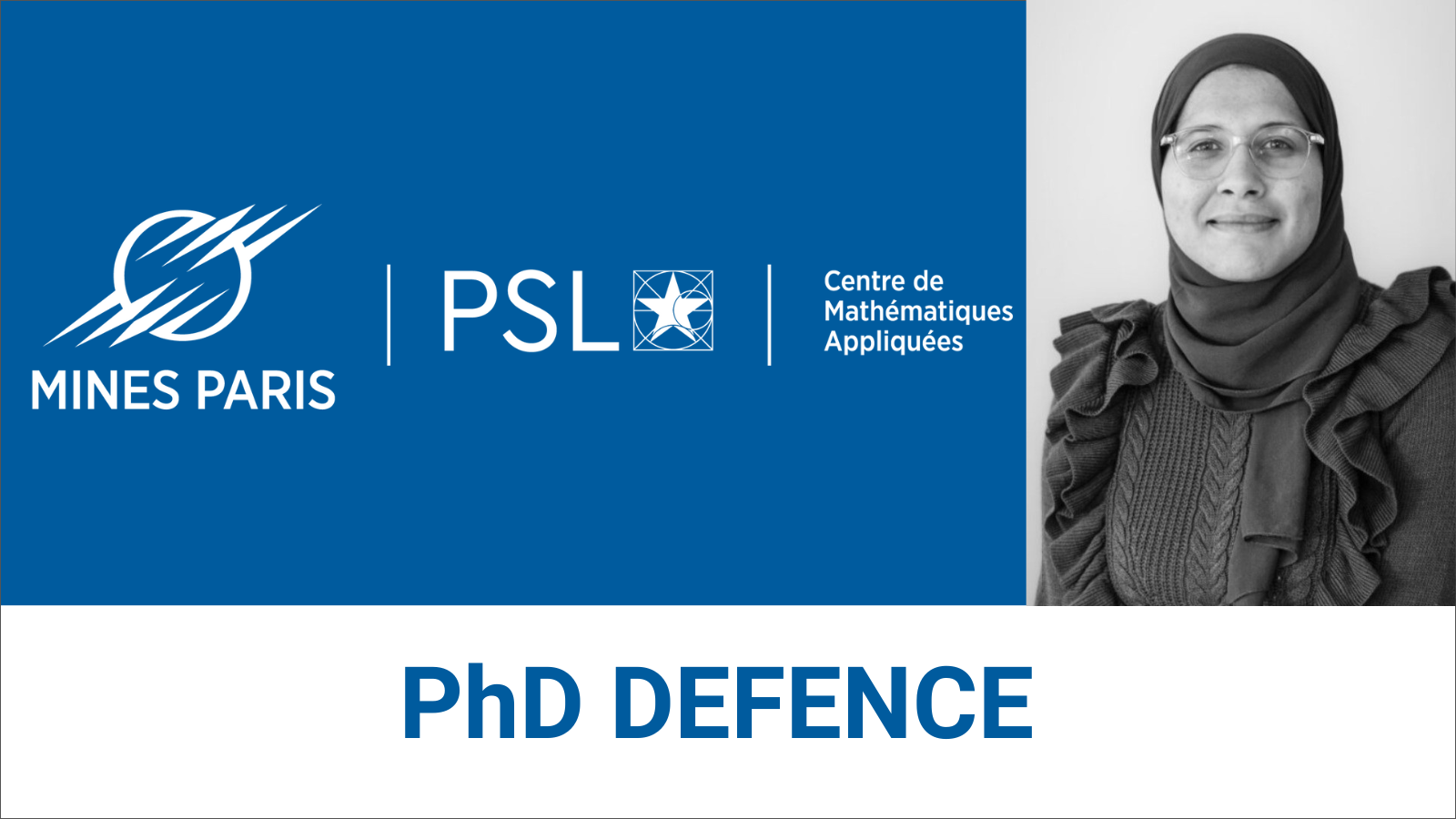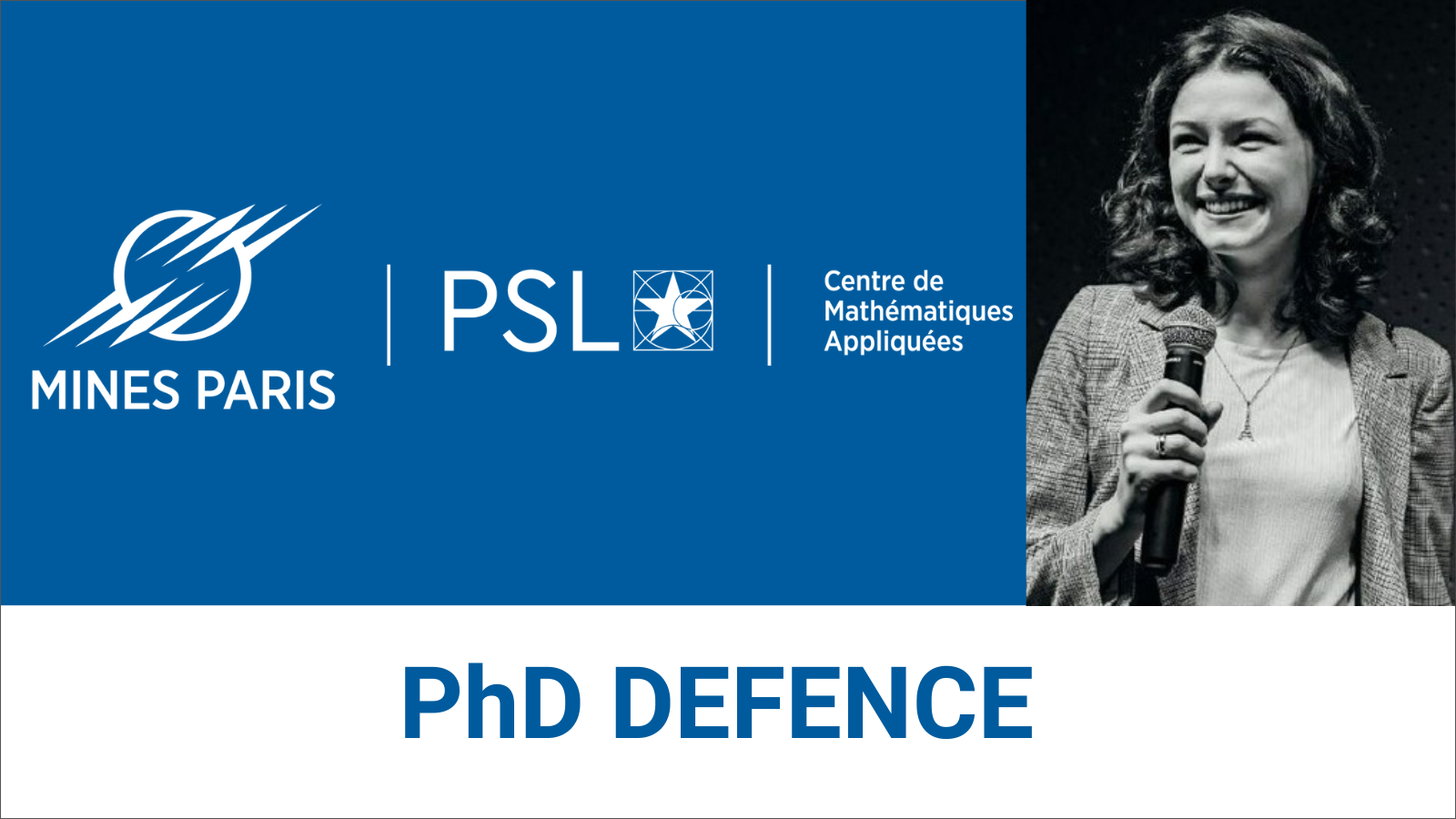
Zixuan WANG will defend his thesis on 8 July 2024 at 2 p.m. in room L109 at Mines Paris – PSL, 60 Bd Saint Michel, 75006 PARIS
Subject: Optimal decarbonization of residential heating till 2050: technology choice and sectorial implications of carbon neutrality trajectories for France
Supervisor: Edi ASSOUMOU (CMA Mines Paris – PSL)
CIFRE thesis in collaboration with GRDF
Abstract: France is actively participating in global efforts to reduce carbon emissions, and its Energy-Climate Law has set a goal of reaching carbon neutrality by 2050. Residential buildings represent a significant share of energy demand and carbon emissions, making them a key factor to consider. In this context, this Ph.D. thesis explores optimal technical solutions to decarbonize residential buildings to achieve a carbon-free system by 2050. The long-term role of various heating solutions, including electric heat pumps and gas boilers, is investigated in detail. A systemic approach is adopted to understand the interactions between the level of efforts required in the residential sector and other end-use sectors to respond to questions concerning the residential energy transition. Our research is based on a prospective modeling method using a linear optimization model, TIMES-FR, which represents the entire energy system of France in a technology rich, bottom-up structure. In order to better account for the key factors involved in investment decisions in the residential system, we elaborate multiple improvements from both the supply and demand sides of the building sector modeled in TIMES-FR. Our contributions include improved modeling structures for biomass, district heating, and renewable gas supplies, a detailed modeling of the operating mode and performance of electric heat pumps, an update of the technical-economic features of building technologies, and the calibration of demand scenarios. We construct two studies that help us to answer questions about the future transition of the residential energy system. The first study proposes a complete analysis of the future transition of space heating to carbon neutrality by focusing on multiple key elements, including the presence of extreme cold, the efficiency of thermal insulation, the pace of carbon mitigation from 2030-2045, and the opportunity cost of gas. The second study extends the analysis by more specifically exploring the various optimal choices that could result from alternative assumptions regarding a broad range of factors, including the deployment potential of low-carbon electricity technologies, carbon sinks, mitigation of international transport, thermal insulation, biomass potential, energy service demand, and discount rates. We elaborated 576 scenarios by combining assumptions according to these core dimensions, covering a broad range of possibilities for the future energy transition towards carbon neutrality.
Key words: building energy system, carbon neutrality trajectory, prospective modeling, system analysis, optimization
The presentation will be held in English and will also be broadcast live. To receive the connection link, please contact us.




